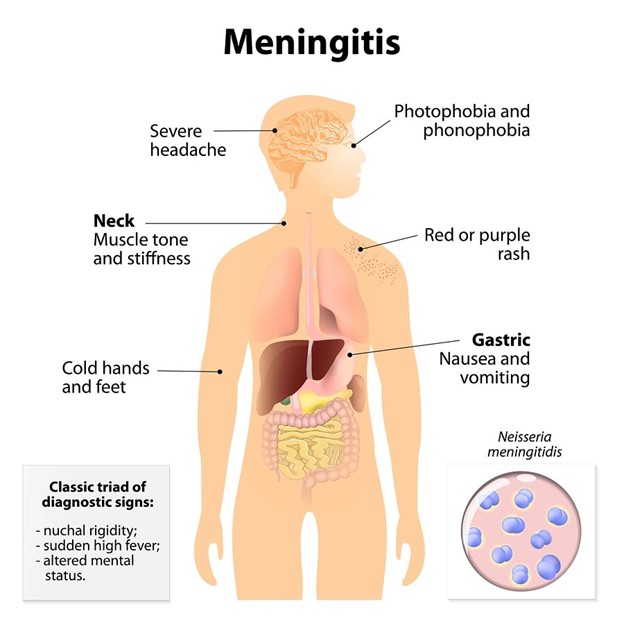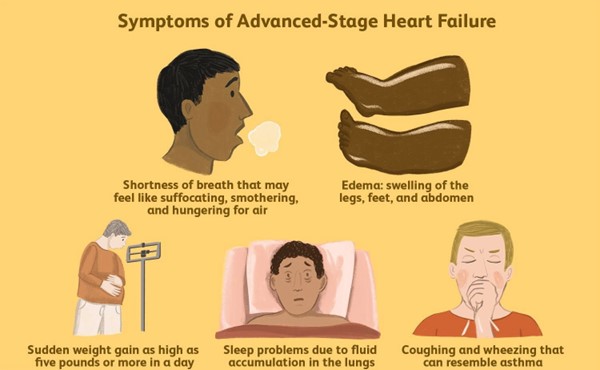A nurse is caring for a client who has anorexia nervosa and a behavioral management plan in place. Which of the following findings should the nurse identify as an indication that the behavioral plan is effective?
Potassium 3.5 mEq/L
Sodium 130 mEq/L
Hgb 10 g/dL
BMI 14.5
The Correct Answer is A
The normal range for potassium levels is generally between 3.5 to 5.0 mEq/L. A potassium level of 3.5 mEq/L falls within the lower end of the normal range, suggesting that the client's potassium levels are relatively stable. This finding alone does not indicate the overall effectiveness of the behavioral plan.
The normal range for sodium levels is typically between 135 to 145 mEq/L. A sodium level of 130 mEq/L falls below the normal range and indicates hyponatremia (low sodium levels). Hyponatremia can be a cause for concern, and it suggests that the behavioral management plan may need further attention or adjustments.
The normal range for hemoglobin (Hgb) levels varies depending on factors such as age and gender. However, in general, a Hgb level of 10 g/dL falls below the normal range and indicates anemia. Anemia is a common complication in individuals with anorexia nervosa and can result from inadequate nutrient intake. This finding suggests that the behavioral plan may need further evaluation and adjustment to address the client's nutritional needs.
Body Mass Index (BMI) is a measure that relates weight and height. A BMI of 14.5 indicates severe underweight and is well below the normal range. This finding suggests that the client's nutritional status is still significantly compromised, and the behavioral management plan may require further attention to support weight restoration and overall recovery.

Nursing Test Bank
Naxlex Comprehensive Predictor Exams
Related Questions
Correct Answer is D
Explanation
Informed consent is a critical step before any invasive procedure, including an EGD. The nurse should confirm that the client has received the necessary information about the procedure, its risks and benefits, and has given their consent voluntarily. This ensures that the client understands the procedure and its implications, making it an essential part of their rights and safety.
Correct Answer is A
Explanation
"I should discuss this document with my family after I sign it"
Advance directives are legal documents that allow an individual to specify the type of medical care they want to receive in case they become unable to make their own decisions. It is important for the client to discuss their wishes with their family members or loved ones so that they are aware of the client's desires and can act accordingly in case of an emergency.
"I am not allowed to change my mind once I sign this document" is incorrect. The client can change their mind about their advance directive at any time and for any reason. It is important for the client to review their advance directive periodically and make changes as necessary.
"An attorney will need to notarize this document for it to be valid" is also incorrect. While some states require advance directives to be notarized or witnessed, not all states do. It is important for the client to check with their state's laws regarding advance directives to ensure that their document is legally binding.
"My partner needs to be present when I sign this document" is not necessarily true. While it is recommended for the client to have a witness present when signing their advance directive, it does not have to be their partner. The witness should be someone who is not a family member, healthcare provider, or beneficiary of the client's estate.

Whether you are a student looking to ace your exams or a practicing nurse seeking to enhance your expertise , our nursing education contents will empower you with the confidence and competence to make a difference in the lives of patients and become a respected leader in the healthcare field.
Visit Naxlex, invest in your future and unlock endless possibilities with our unparalleled nursing education contents today
Report Wrong Answer on the Current Question
Do you disagree with the answer? If yes, what is your expected answer? Explain.
Kindly be descriptive with the issue you are facing.
